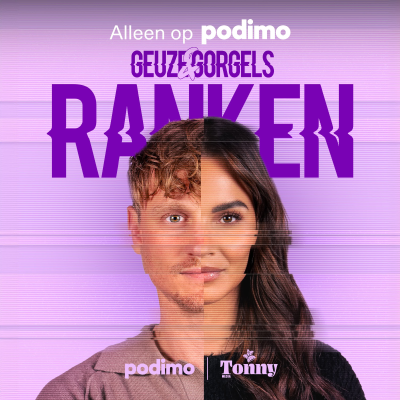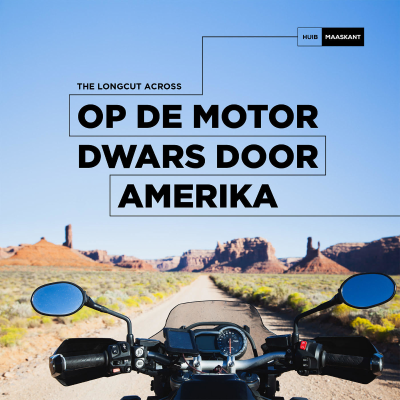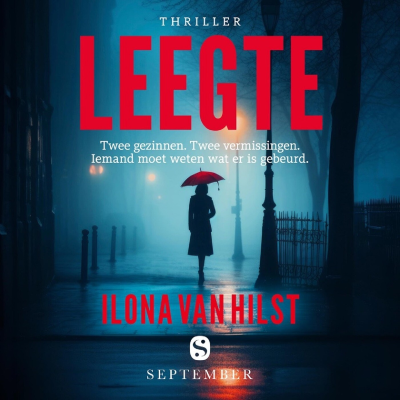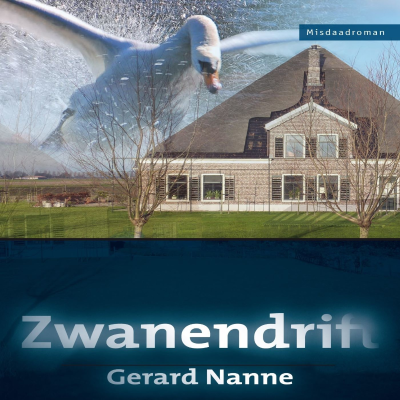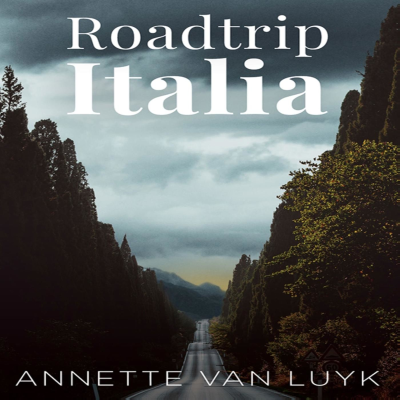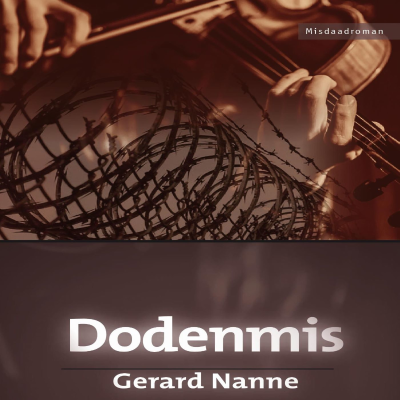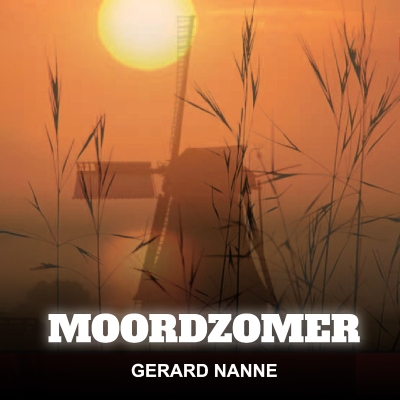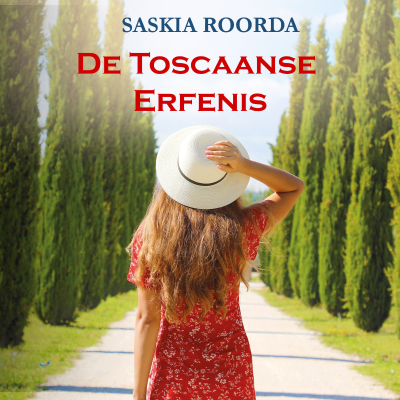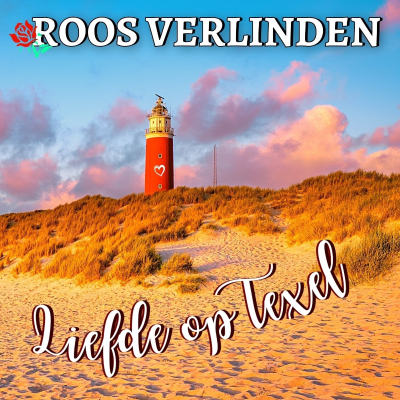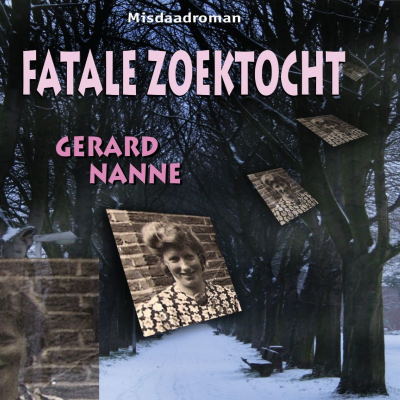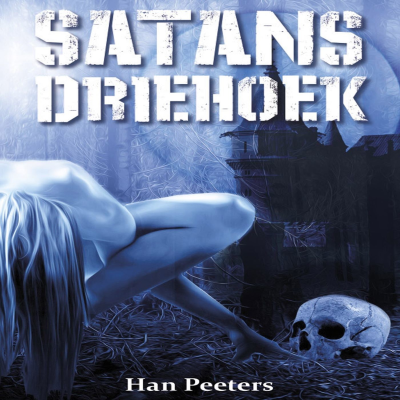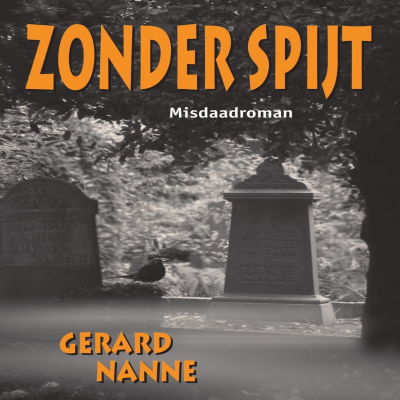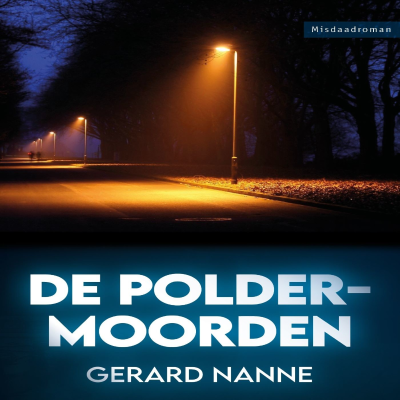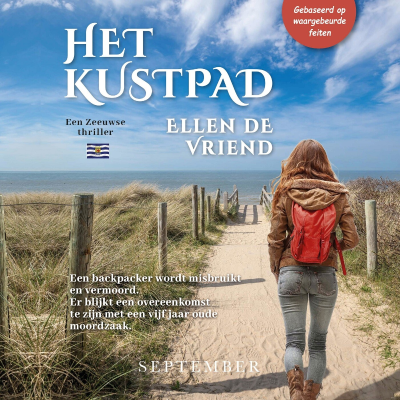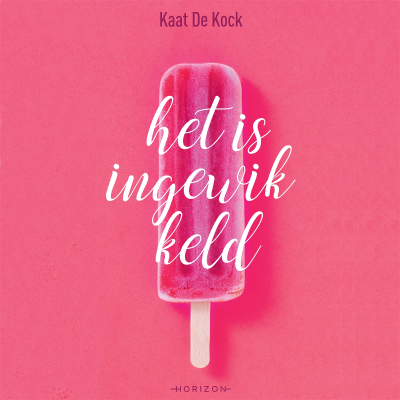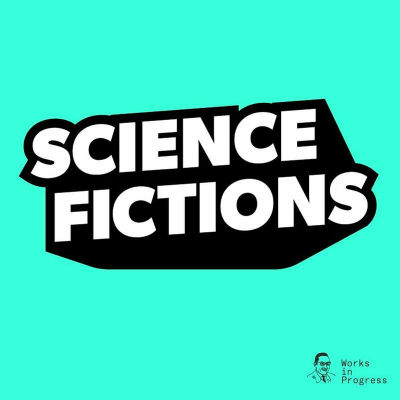
Science Fictions
Engels
Technologie en Wetenschap
Tijdelijke aanbieding
1 maand voor € 1
Daarna € 9,99 / maandElk moment opzegbaar.
- 20 uur luisterboeken / maand
- Podcasts die je alleen op Podimo hoort
- Gratis podcasts
Over Science Fictions
A weekly podcast about the latest scientific controversies, with Tom Chivers and Stuart Ritchie sciencefictionspod.substack.com
Alle afleveringen
125 afleveringenPaid-only episode 25: The menopause and hormone replacement therapy
This is a free preview of a paid episode. To hear more, visit sciencefictionspod.substack.com [https://sciencefictionspod.substack.com?utm_medium=podcast&utm_campaign=CTA_7] Does the evidence support the use of hormone replacement therapy (HRT)? Depends on when you asked the question. At one point the consensus was “yes”; more recently it reversed. But should it have? It also depends on what symptoms you’re talking about. Is HRT just all about hot flushes, or can it also treat mood and cognitive problems too? In this paid-only episode, we look at the evidence. To listen to the full episode and read the show notes, please become a paid subscriber [https://sciencefictionspod.substack.com/subscribe] to the Science Fictions podcast.
Unpaywalled: Jonathan Haidt vs. social media
Hello everyone! We weren’t able to record a podcast this week, because 1) Stuart was busy and 2) it’s Tom’s birthday. So by way of apology we’re re-releasing this one about some drama last year between Jon Haidt, sworn enemy of smartphones, and some guys who like meta-analyses. Hope you enjoy it! A while back, The Studies Show covered the question of whether smartphones and social media cause mental health problems. Amazingly, that podcast didn’t settle the issue, and the debate has continued—and continued rather acrimoniously. Psychologists—most notably Jonathan Haidt—are currently laying into each other, analysing, re-analysing, and meta-analysing datasets to try and work out whether “it’s the phones”. In this paid-only episode of The Studies Show, Tom and Stuart explain the story so far, and in the process get very disappointed by their heroes. If you want to hear the whole episode and read the show notes, it’s easy to become a paid subscriber at thestudiesshowpod.com [https://www.thestudiesshowpod.com/]. Show notes * The summary [https://lifeafterbabel.com/] of Jonathan Haidt’s upcoming book, Life After Babel * The Google Doc on social media effects [https://docs.google.com/document/d/1w-HOfseF2wF9YIpXwUUtP65-olnkPyWcgF5BiAtBEy0/edit] maintained by Haidt, Twenge, and Rausch * Christopher Ferguson’s meta-analysis [https://psycnet.apa.org/record/2024-80192-001] of causal social media effects studies * Very useful online calculator to interpret effect sizes [https://rpsychologist.com/cohend/] * Study on the (non-)relation between reported and measured phone use [https://researchportal.bath.ac.uk/en/publications/do-smartphone-usage-scales-predict-behavior] * Haidt & Rausch’s first article [https://www.afterbabel.com/p/the-case-for-causality-part-1] criticising the Ferguson meta-analysis and re-calculating the effects * Anne Scheel’s critical tweet [https://x.com/annemscheel/status/1829776771731882205] * Matt Jané’s first article [https://matthewbjane.com/blog-posts/blog-post-6.html] responding to Haidt & Rausch * Haidt & Rausch respond to Jané [https://www.afterbabel.com/p/the-case-for-causality-part-1] (and criticise Ferguson again) * Jané responds [https://matthewbjane.com/blog-posts/blog-post-7.html] to Haidt & Rausch, again * Haidt & Rausch’s second (or is it third?) article [https://www.afterbabel.com/p/fundamental-flaws-part-2] criticising the Ferguson meta-analysis (this is the one where they note the more basic errors) * Article by Mike Males making the point that, whoever is right, the effects are all very small [https://mikemales.substack.com/p/social-media-is-not-rewiring-childhood] Credits * The Studies Show is produced by Julian Mayers at Yada Yada Productions [https://www.yada-yada.net/]. We’re very grateful to Malte Elson, Pete Etchells, and Matt Jané for talking to us for this episode—but any errors are our own. This is a public episode. If you'd like to discuss this with other subscribers or get access to bonus episodes, visit sciencefictionspod.substack.com/subscribe [https://sciencefictionspod.substack.com/subscribe?utm_medium=podcast&utm_campaign=CTA_2]
Episode 91: Entangled Life and the wood wide web
Everyone has read Entangled Life, the wonderfully-written book about fungi that took the world by storm about 5 years ago. Among many other things, it popularised the “wood wide web”—the idea that trees can communicate with one another through networks of fungi at their roots. But is the wood wide web real? It turns out scientists have some major questions. We air them on this episode. And just to be completely clear, there are no personal vendettas here! Everyone recording this podcast is 100% free of “beefs” of all kinds. Even the co-host who was beaten in a book contest by the aforementioned mushroom book. The Science Fictions podcast is brought to you by Works in Progress magazine. Their most recent article is about the wonderful invention (and history) of the dishwasher [https://worksinprogress.co/issue/inventing-the-dishwasher/], one of several incredible labour-saving devices that have made so many lives just a bit less dull. Read this, and so many more stories about human progress, at worksinprogress.co [https://worksinprogress.co/]. Show notes * Entangled Life [https://www.merlinsheldrake.com/entangled-life] by Merlin Sheldrake * Winner of the 2021 Royal Society book award [https://royalsociety.org/news/2021/09/book-prize-shortlist-2021/] * Rupert Sheldrake and the concept of “morphic resonance [https://www.theguardian.com/science/2012/feb/05/rupert-sheldrake-interview-science-delusion]” * Suzanne Simard’s TED talk [https://www.ted.com/talks/suzanne_simard_how_trees_talk_to_each_other] about “how trees talk to each other” * Her 1997 paper on “net transfer of carbon [https://courses.cit.cornell.edu/econ6100/Simard1997.pdf]” * 2023 paper [https://gwern.net/doc/statistics/bias/2023-karst.pdf] by Karst et al.: “Positive citation bias and overinterpreted results lead to misinformation on common mycorrhizal networks in forests” * Nature [https://www.nature.com/articles/d41586-024-00893-0] piece [https://www.nature.com/articles/d41586-024-00893-0] following the 2023 paper * 2015 paper [https://pmc.ncbi.nlm.nih.gov/articles/PMC4329569/] on “stress signaling” via fungal networks * 2023 paper [https://nph.onlinelibrary.wiley.com/doi/epdf/10.1111/nph.18935] on tree proximity * Simard’s response to Karst et al. [https://www.frontiersin.org/journals/forests-and-global-change/articles/10.3389/ffgc.2024.1512518/full] Credits The Science Fictions podcast is produced by Julian Mayers at Yada Yada Productions [https://www.yada-yada.net/]. This is a public episode. If you'd like to discuss this with other subscribers or get access to bonus episodes, visit sciencefictionspod.substack.com/subscribe [https://sciencefictionspod.substack.com/subscribe?utm_medium=podcast&utm_campaign=CTA_2]
Episode 90: Cognitive dissonance
It has happened again. A new paper, based on a tranche of unsealed historical documents, casts serious doubt on a piece of social psychology research from the mid-20th Century. Shocker! This time it’s about some of the fundamental inspirations for the idea of cognitive dissonance—the idea that holding contradictory views in one’s head creates discomfort and a need to change one of the beliefs. So what does the new historical research say? What about all the studies that claim to find evidence for cognitive dissonance—surely the whole thing isn’t a load of nonsense? Listen to this episode to find out. The Science Fictions podcast is brought to you by Works in Progress [https://worksinprogress.co/] magazine [https://worksinprogress.co/]. They’ve recently been publishing a whole host of podcasts, including the one we mentioned this week, on “the economics of the baby bust” (that’s the opposite of a baby boom, by the way). You can find it and many other podcasts at podcast.worksinprogress.co [https://podcast.worksinprogress.co/15]. Show notes * The new paper, “Debunking [https://onlinelibrary.wiley.com/doi/10.1002/jhbs.70043]When Prophecy Fails [https://onlinelibrary.wiley.com/doi/10.1002/jhbs.70043]” * And the related paper “Failed Prophecies are Fatal [https://journal.equinoxpub.com/IJSNR/article/view/33085]” * The lobotomy article [https://www.washingtonpost.com/opinions/2023/02/14/walter-freeman-lobotomy-regret/] in the Washington Post * Scott Alexander on using facts to persuade [https://slatestarcodex.com/2017/03/24/guided-by-the-beauty-of-our-weapons/] * Dan Engber on the same [https://slate.com/health-and-science/2018/01/weve-been-told-were-living-in-a-post-truth-age-dont-believe-it.html] * Matti Heino on [https://mattiheino.com/2016/11/13/legacy-of-psychology/] the original Festinger & Carlsmith (1959) paper * The paper itself [https://psycnet.apa.org/record/1960-01158-001] * The GRIM test (with an online tool to do it yourself [http://www.prepubmed.org/grim_test/]) * 2024 multi-lab replication attempt [https://pure.hw.ac.uk/ws/portalfiles/portal/107191382/vaidis-et-al-2024-a-multilab-replication-of-the-induced-compliance-paradigm-of-cognitive-dissonance.pdf] on cognitive dissonance * 1983 study [https://psycnet.apa.org/record/1984-11595-001] that was replicated Credits The Science Fictions podcast is produced by Julian Mayers at Yada Yada Productions [https://www.yada-yada.net/]. This is a public episode. If you'd like to discuss this with other subscribers or get access to bonus episodes, visit sciencefictionspod.substack.com/subscribe [https://sciencefictionspod.substack.com/subscribe?utm_medium=podcast&utm_campaign=CTA_2]
Paid-only episode 24: Creatine
This is a free preview of a paid episode. To hear more, visit sciencefictionspod.substack.com [https://sciencefictionspod.substack.com?utm_medium=podcast&utm_campaign=CTA_7] Creatine is the supplement of the moment, but both of us had vaguely heard that this one might actually not be total garbage. On the other hand: there are a lot of surprising claims made about it! If proponents are to be believed, it doesn’t just boost muscle mass – it reduces depression, prevents cancer, and improves your cognitive function. How much of this should we believe, and how much is it just a big load of crap? We thought we would take a look.
Kies je abonnement
Tijdelijke aanbieding
Premium
20 uur aan luisterboeken
Podcasts die je alleen op Podimo hoort
Gratis podcasts
Elk moment opzegbaar
1 maand voor € 1
Daarna € 9,99 / maand
Premium Plus
Onbeperkt luisterboeken
Podcasts die je alleen op Podimo hoort
Gratis podcasts
Elk moment opzegbaar
Probeer 30 dagen gratis
Daarna € 11,99 / month
1 maand voor € 1. Daarna € 9,99 / maand. Elk moment opzegbaar.





